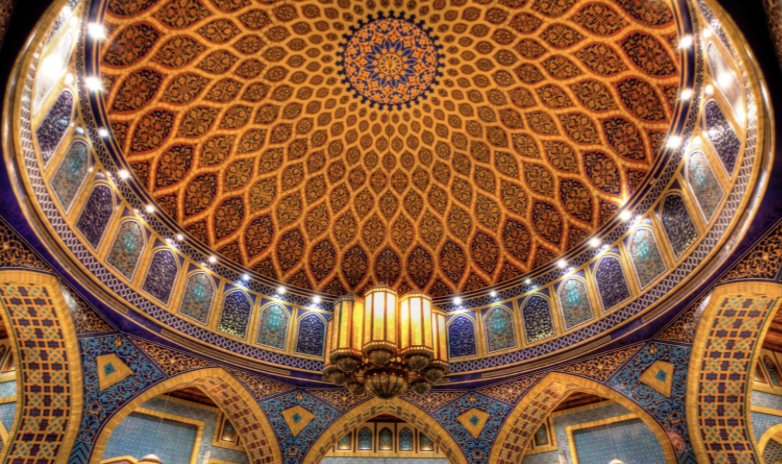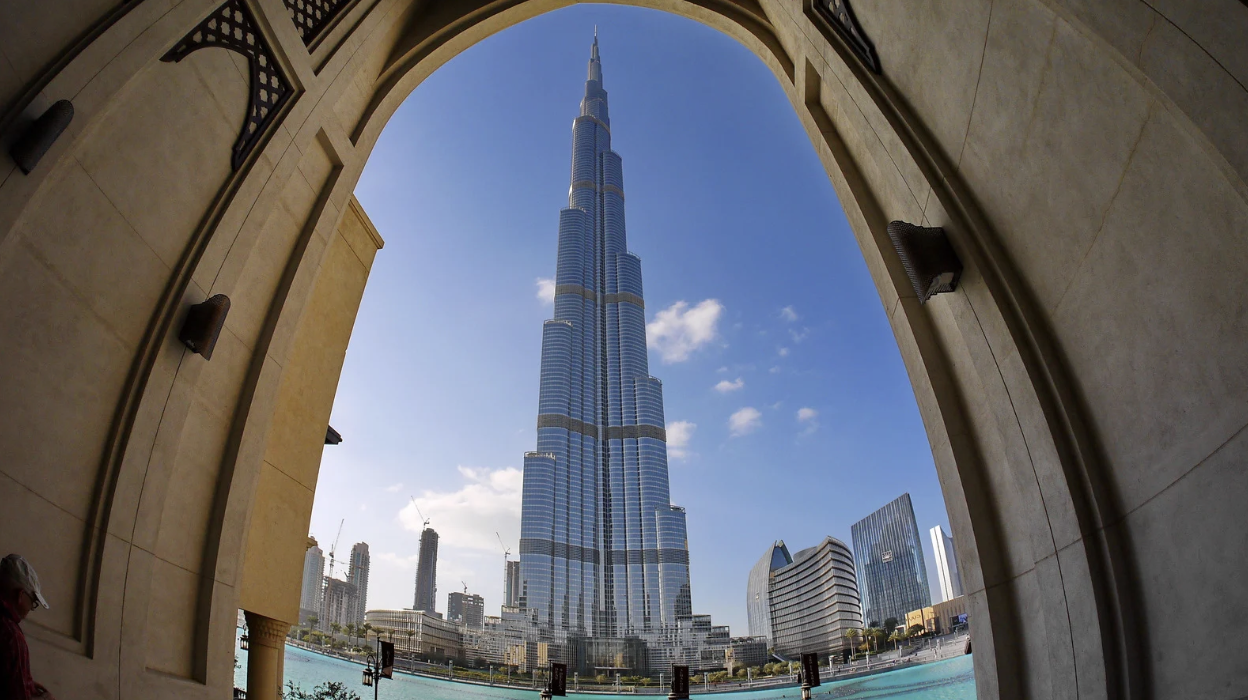
“Who wants to win the war, gets ready for peace”
As the world's nerve center, it is here that trade has flourished and strengthened through the centuries. In his “Crises d’Orient", Henry Laurens rightly reminds us that the Middle East functions like a network through which trade flows. On the one hand, it is a seaborne network — in the 19th century, the United Arab Emirates built their economy around the exportation of pearls to India. Turkey and other Black Sea littoral states were also involved in the development of Black Sea traffic. The Montreux Convention, which guarantees free passage for merchant ships through the straits, is one of the few multilateral conventions to have survived the test of time. On the other hand, the Middle East was the birthplace of 5 of the 13 OPEC member countries.
Indeed, the region is the heart of an invaluable resource — oil. With over 55% of the world's reserves, the region is a leader in the industry. With over 10 million tons of oil in the 1900s, Iran leads the way, followed by Kuwait. Yet, this comparative advantage was not without setbacks.
Is oil an asset or a burden?
In some respects, it can be seen as burden, at least from a geographical point of view. The random distribution of gas and oil resources around the Mediterranean increases the region's economic and social heterogeneity. The wealthy countries benefiting from this income - Saudi Arabia, United Arab Emirates, Iran, and Kuwait - rub shoulders with the poorest countries — Yemen and Palestine. This two-speed development further widens the gap between peoples who are neighbors. The other side of the coin is political — since the 19th century, the discovery of black gold has transformed the Levant into a geopolitical chessboard on which the players in the global economy clash.
The Achnacarry Pact of 1928 - which divided the region's reserves between the five largest foreign oil companies - and the oil shocks that followed the Yom Kippur War in 1973 and the Islamic Revolution in 1979 are all illustrations of this, but today, contrary to Thucydides' quote — “who wants peace, gets ready for war", the global context tends to prove that — “Who wants to win the war, gets ready for peace”. A century after the crises in the East, a glimmer of hope is emerging. If the Israeli-Egyptian peace treaty of 1979, followed by the Israeli-Jordanian peace treaty of 1994, had opened the way, on September 15, 2020, the Abraham Accords resound like a promise of renewal for inter-cultural dialogue. The embrace of nations expands — United Arab Emirates, Bahrain, Sudan, Morocco, Israel.
The cure for global change — cooperation
Why here, why now ? From a purely pragmatic point of view, the Abrahamic Accords come with weapons to fight adversity. Two major threats can be identified. The first is ideological. Composed of 90% Sunni countries, the Middle East is nonetheless subject to the advent of a debasing Shiite Arc, with Iran exercising its hegemony over the Strait of Hormuz and raising the spectre of maritime enclavement against the Emirati kingdom. And in view of Teheran's nuclear enrichment and political aggressiveness, the Gulf state has right to request American protection, via a military agreement providing the delivery of F35 stealth fighter jets.
The second threat has neither fatherland nor face, it is a natural one — climate transition. Already in the 2000s, countless droughts, preventing farmers from growing local crops in the Mediterranean, formed the backdrop to the Arab Spring. Now, in its latest report, the IPCC asserts that at over 3% global warming, food insecurity will be widespread. With societies' leeway over their environment shrinking, the major wheat exporters - Algeria, Iran and Egypt - are in the front line. And above all, countries that have built their prosperity around oil production are in danger of falling by the wayside. It's true that the Middle East's share of oil sales had been declining since the early 2000s, as a result of the diversification of partners in the sector (Mexico, Nigeria, etc..) But, much more radically, black gold is at its peak. Its production peak, scheduled for 2035, marks the beginning of its decline. For both parties, the normalization of diplomatic relations reflects the challenge of finding alternative sources of wealth. According to Montesquieu, trade pacifies relations.
The French philosopher couldn't have put it better himself — by 2022, Abu Dhabi forecasts an 8% rise in GDP and the arrival of 4,000 new wealthy residents. The Abraham Accords have disrupted the tourism, education, health, trade and security sectors.
Emulating the Israeli model
The signatory states of this messianic agreement realized that their last stand against decay depended on close cooperation, in particular with a country that had managed to flourish without ever having been able to draw on its soil — Israel. In 1947, when the first partition plan was drawn up, the Jewish state was allocated 55% of... arid land. Including part of the Negev desert. Ever since its creation, Israel has had no choice but to be agile and innovative in order to survive. The “Start-Up Nation” began in 1912 with the Israel Institute of Technology. Ranked as the best university in the Middle East by the Shanghai ranking and the sixth best university in the world, the Technion is an example of a nation's success and resilience. A model for the Gulf States as they embark on their economic conversion process. Planning to move away from their dependence on fossil fuels within 20 years, thanks to new technologies, the Gulf States follow the footsteps of the Hebrew state.
Further east, in the Far East, China has long since opted for increased trade. A pillar of globalization, this powerful, contested and questionable regime launched an ambitious initiative in 2013. The New Roads of Silk reflect a desire to maximize Chinese power through seamless integration with today's prevailing network model. Isn't it time for the countries of the Middle East to strengthen theirs?
Sources:
Mohammad-Reza Djalili (2010), Histoire de l’Iran contemporain, Repères
Mosab Hassan Youssef (2010), Le Prince Vert : Du Hamas aux services secrets israéliens, Denoël Henri Laurens (2017), Les Crises d’Orient, Fayard
Amin Maalouf (2019), Le Naufrage Des Civilisations, Grasset
Charles Saint-Prot (2019), Géopolitique des Émirats Arabes Unis, Karthala
Thomas Gomart (2019), L’Affolement du Monde 10 enjeux géopolitiques, Tallandier Christophe Blain & Jean-Marc Jancovici (2022), Le Monde Sans Fin, Dargaud Emmanuel Navon (2022), L’Étoile et le Sceptre Histoire Diplomatique d’Israël, Hermann



